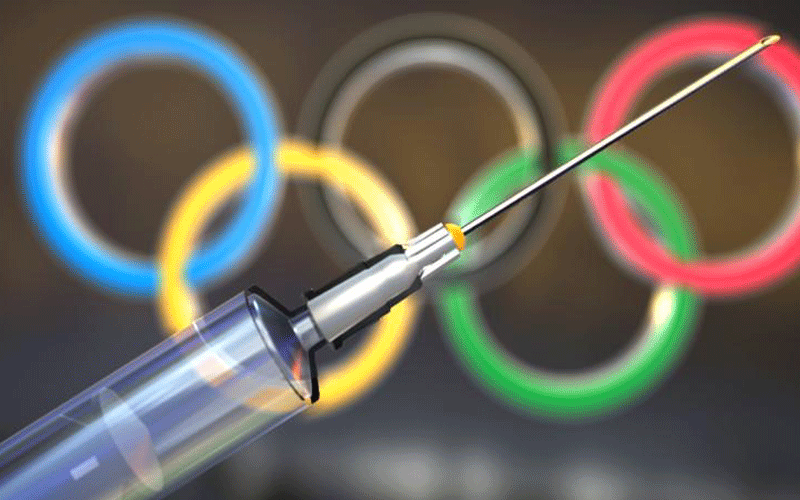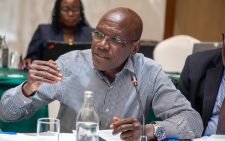Regular testing only way to save Kenya’s athletics

Kenya’s athletics is in a severe crisis. The news that the country escaped a ban by the global athletics governing body, World Athletics, due to doping by a whisker, should galvanise all stakeholders into a panic.
The data is very grim. There are at least 55 Kenyan athletes currently serving doping bans, while another 17 cases are awaiting determination. This includes the highest-profile elite athletics. World Athletics chief Sebastian Coe says that 40 per cent of all positive cases recorded from all tests globally in the course of one year have been Kenyan.
Kenya is among seven countries globally that has been placed on the Category A watchlist of high-risk doping countries by the World Anti-doping Agency (WADA). It has been on the list since 2016, with matters going from bad to worse. The others are Belarus, Bahrain, Ethiopia, Morocco, Nigeria and Ukraine.
How did things degenerate to the current levels? Denial and collusion. In 2012, a German journalist named Hans-Joachim Seppelt from ARD, A German national radio and television broadcaster, aired a report based on an undercover investigation that revealed extensive doping was going on in Kenyan athletics.
He was thoroughly denounced by officials of Athletics Kenya (AK). Nothing was done, and Kenya continued with business as usual. Denial!
Secondly, AK officials were accused of covering up suspicious cases of doping tests, and being bribed by athletes to both cover-up, as well as clear those very athletes to compete. Collusion!
AK has for years denied being complacent or complicit in doping. However, the current crisis is a complete indictment of AK. They have failed. Since the first exposure, the problem has been festering undisturbed. Well, the chickens have finally come home to roost. Cancer has metastasised and spread throughout the body.
These are desperate times. World Athletics is in a very ugly mood. Coe warned of a long journey ahead to rebuild trust, and world athletics would not countenance such doping behaviour.
Kenya faces a daunting task. Drastic measures must be immediately introduced.
AK and the government must undertake to test all athletes. Kenya has hundreds of athletes who compete every week globally and has no idea how many are doping. Each athlete is now a time bomb, with the potential to send Kenya’s athletics crashing!
AK should introduce the drug passport for athletes. This passport, like a vaccine card, should be stamped every time a test is done. AK must clear all athletes before they compete in any event.
All clearances will be based on the passport, and any athlete whose testing regime is not in compliance with requirements should be denied clearance. The current regime of testing three times in 10 months is adequate if it is capturing all athletes.
Universal testing will give AK a baseline. AK should then maintain this passport regime for three years as a means of eliminating all athletes who are already doped, or who have decided to do so but will be prevented by the harsh measures. Three years should suffice to enable AK to declare Kenya drugs-free.
Clearly, the threshold for discovery is not high enough, nor is there enough pain to act as a deterrent. The risk appetite is too high because of very lucrative returns.
Increase the pain for athletes caught doping. Strip them of all titles they have ever earned, institute a minimum lengthy period of being banned, say five years, and a hefty fine. Rope in the managers and agents who are the driving force behind doping but seem to almost always escape any retribution. For these, if any of their athletes are caught, they should be suspended for a period and fined.
A second infraction by their athletes should result in a permanent ban and cancellation of their licenses!
AK should then move to ringfence athletics from future doping. There was a time when Kenya was winning drug-free. That is the vision that must guide AK as it embarks on this clean-up exercise.
—gathukaara@gmail.com












